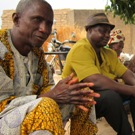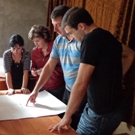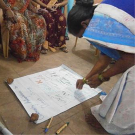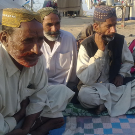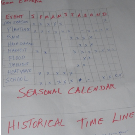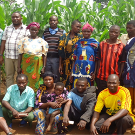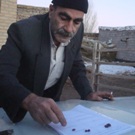| THIS MONTH’S NEWS March Field Projects Special Issue—Community Based Water Management Mali | Zimbabwe | Peru | Tanzania | Uganda | Kenya |
| 1. Uganda |
1,800 families from Gombe will be able to improve their household income and water supply. |
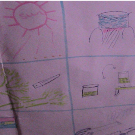 |
These villagers are suffering from a shortage of water due to the lack of a land use management plan and climate related altered rain patterns and drought that have a negative impact on crop yields. These challenges lead to land degradation, deforestation, and a shortage of food that only allows one meal a day to be eaten. Leonard Ssozi’s project will increase nutrition and access to water in the community. His project includes the following programs:
|
- See photos in these documents
- See his participatory needs assessment
- See his project outline
| 2. Zimbabwe |
In Bulawayo 1,500 people will enjoy safer water through a rain water harvesting program. |
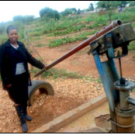 |
Community members suffer from poor health due to a lack of healthcare and a shortage of clean water due to climate change in the countryside causing migration into cities resulting in insufficient water for the city’s population. Beauty Macheka and Christine Jones’ project will increase health and income generation in the community. Their project includes these programs:
|
- See photos in these documents
- See their participatory needs assessment
- See their project outline
- See their report on a Participatory Capacity and Vulnerability Assessment with photos
- See their results of the Participatory Capacity and Vulnerability Assessment
- See their report on forming a Water Management Committee
- See their report on a Rainwater Harvesting workshop
| 3. Peru |
300 in Chinchero will enjoy access to water through Water Harvesting & a Water Use Management Plan |
 |
These families are suffering from a lack of water due to competition for water use and a reduction in crop production due to climate change related extreme weather events leading to poverty, a reduction in food security and malnutrition in women and children. Berioska Quispe Estrada, Tam Hoang, and Hilary Joy Autry’s project will help these community members enjoy better access to water and food security. Their project includes the following programs:
|
- See photos in these documents
- See their participatory needs assessment
- See their project outline
| 4. Mali |
30 families in Fulani will have good access to water through a Water Use Management Plan. |
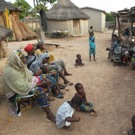 |
These community members suffer from poor access to water due to a lack of a Water Use Management Plan and are suffering from livestock challenges due climate change related increased temperatures and changing rainfall patterns. Mahalmadane Aly Toure and Ram Padmanabhan Mony’s project will help their community members improve livestock health and increase access to safe water. Their project includes the following programs:
|
- See photos in these documents
- See their participatory needs assessment
- See their project outline
| 5. Tanzania |
4,000 community members in the Wagete will have improved health & improved crops. |
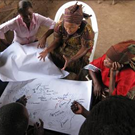 |
These community members are suffering from a reduced crop yield due to unpredictable weather patterns related to climate change. Chris Enns & Catalina Gheorghe’s project will helped their community members improve health levels and increase crop yields. Their project includes the following programs:
|
| 6. Kenya |
500 households in Lita will enjoy fresh water and improved health and hygiene. |
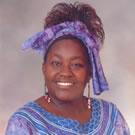 |
Families in Kenyan village have 4% of the water as do Canadian families. Due to a lack of adequate water resources, the community of Lita suffers from many problems including a lack of food security, poor hygiene, and increased risk of disease. Maggie Muthui and Erin Watson’s project will protect the village spring and distribute fresh water into the village. Their project includes the following programs:
|
| 7. Mali |
Family members from 387 families in Sodieni will enjoy increased crop harvests. |
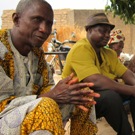 |
3,096 family members are suffering food insecurity and unsecure livelihoods due to a lack of a water use management plan, and climate change related unpredictable water availability. . Walter Sissoko, Ife Olabampe and Stacey Sawchuck’s project will help their community members increase crop harvests and become food-secure. Their project includes these programs:
|
Nonprofits | International Development | Climate Change | Nutrition | Agriculture | Water Management
| Online Courses | Haga click aquí para Cursos en Español. |
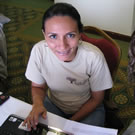 |
Are you interested in:
|

